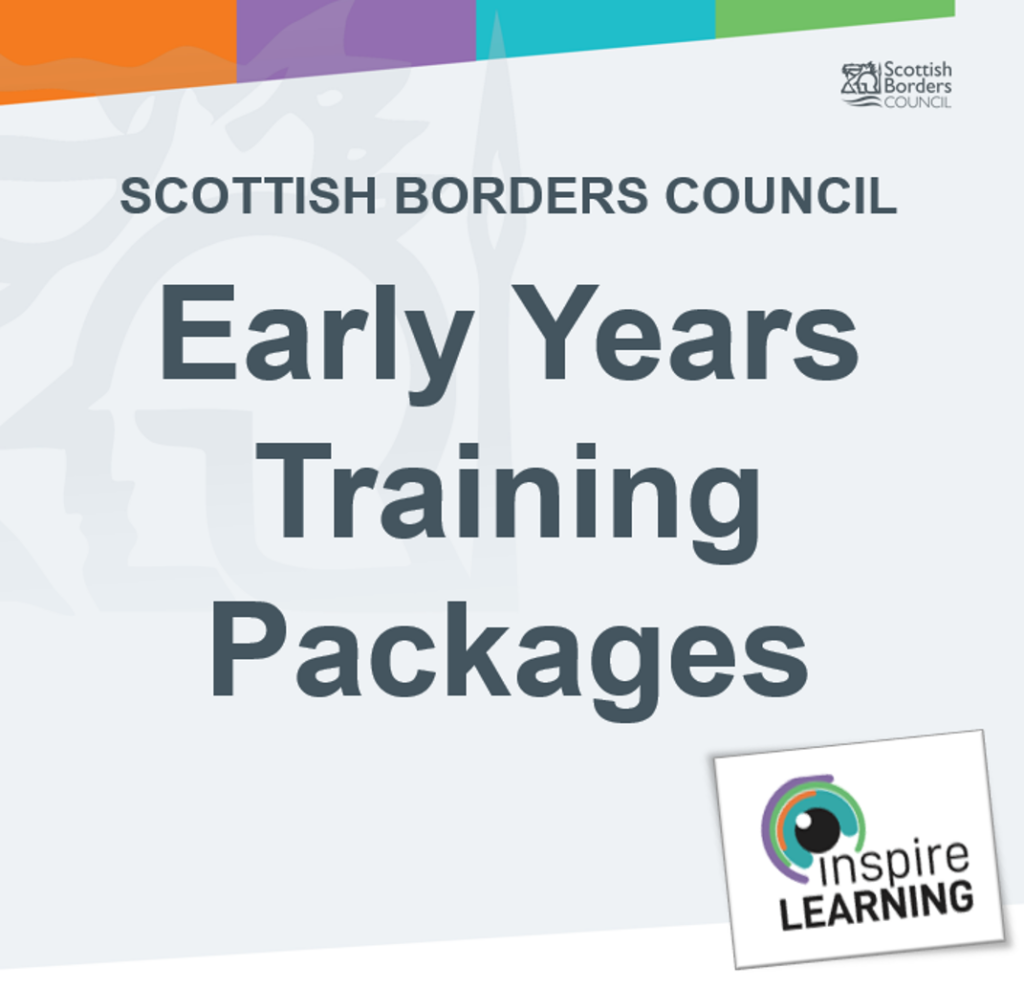Personal Plans
Medication
What is this?
Many children in settings, at some time or another, will need medication, whether this is in the short term because they are finishing antibiotics or long term medication for the management of asthma.
Some children may require emergency medication such as Epipens or seizure medication.
The records must reflect the individual child’s needs and ensure that this medication is documented, administered, and stored correctly.
Key messages:
In your setting, you must know:
- Recorded information is up to date, includes all the necessary information and reflects children’s current needs.
- Consent is reviewed at least every three months or at the start of a new term.
- The information on forms and containers reflects the dispensing label.
- What medication is on the premises (including adult’s medication), and where it is stored.
- Medication is in date.
- Medication is stored correctly with the permission form.
- Lifesaving medication is easily accessible, including when on outings.
- Practitioners are knowledgeable about children’s medicine, medical conditions and allergies. This may include triggers, how children will present, what action to take, and what action to take if the initial action is ineffective.
- The procedure if the wrong dose is given or medication is given to the wrong child.
- The procedure if the child refuses or spits out the medication.
- Any medication administered has been administered by the parent or health professional before being given to the setting.
(Management of Medication in Daycare and Childminding, Care Inspectorate, 2014)
Ways we can do this:
Watch Care Inspectorate Medication Bitesize.
Use the Care Inspectorate “Management of medication in daycare of children and childminding services” document.
Use ‘SBC Multi-agency policy for the administration of medication and health care procedures‘.
Ensure the setting’s medication proforma has all the information required.
Ensure that all medication is stored correctly.
Ensure all practitioners, including supply, have the setting’s medication guidance.
Everyone in the setting has a good knowledge of the guidance around storage and administration of medication.
Appoint a practitioner to oversee medication, including sending expiry slips to parents, overseeing the on-site medication list, and ensuring all medications are correctly documented.
Add dates of reviews and auditing to Quality Assurance Calendar.
Linked Areas of Practice
Family Partnerships
Personal Plans
Tools
Reflecting on Practice
SBC Guidance to support
National Guidance to support
Further Reading to support
Training to support
SBC Early Years training video Medication Bitesize:
Follow link for acronyms used in presentations
To see all the SBC Early Years training videos visit:
Important Information
- Stored in a locked cupboard or locked container, which is out of children’s reach in an area below 25°C.
- Emergency medicines, such as inhalers and adrenaline medication, must be readily available and accessible to practitioners so they may not be stored in a locked cupboard.
- Some medication needs to be refrigerated.
- Larger care services may need a lockable dedicated medicines refrigerator (between 2°C – 8°C checked daily with a minimum and maximum thermometer)
- Small services – stored in a plastic labelled container in a domestic fridge.
- Medication should be in original packaging with an accompanying patient information leaflet (including instructions about storage).
- Each individual child’s medication should be kept separate and stored in a particular container clearly labelled with the child’s name and date of birth (this applies to refrigerated medicines too).
- Medicine spoons and oral syringes should be cleaned after use and stored with the child’s medication.
- Adaptors for inhalers like ‘spacers’ should be cleaned as described in the product information. This information should be kept in the child’s care records.
- If the care service has to store Schedule 2 Controlled Drugs like Methylphenidate (Ritalin, Concerta), then these should be kept in a locked receptacle that can only be opened by authorised people.
(Management of Medication in Daycare and Childminding, Care Inspectorate, 2014)

